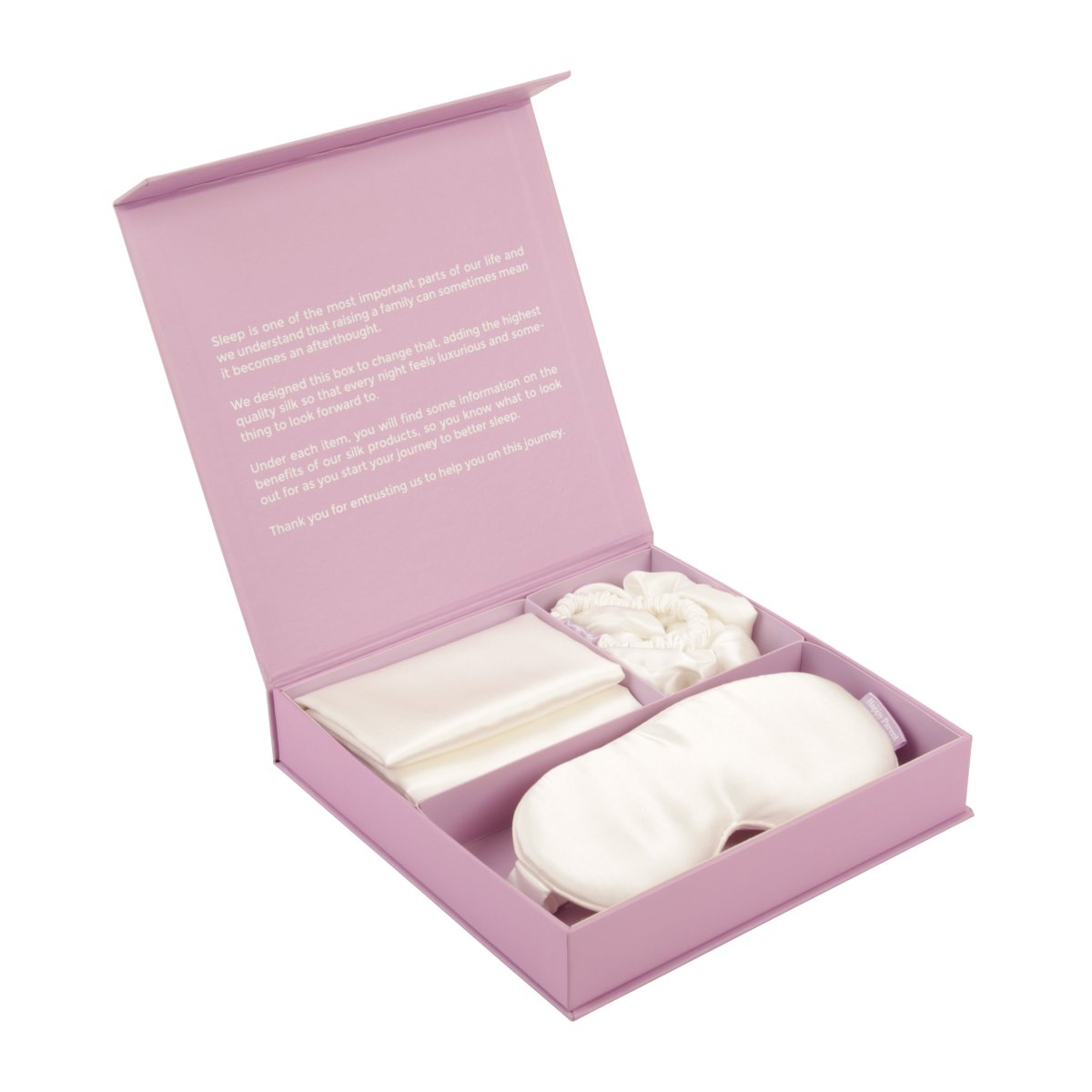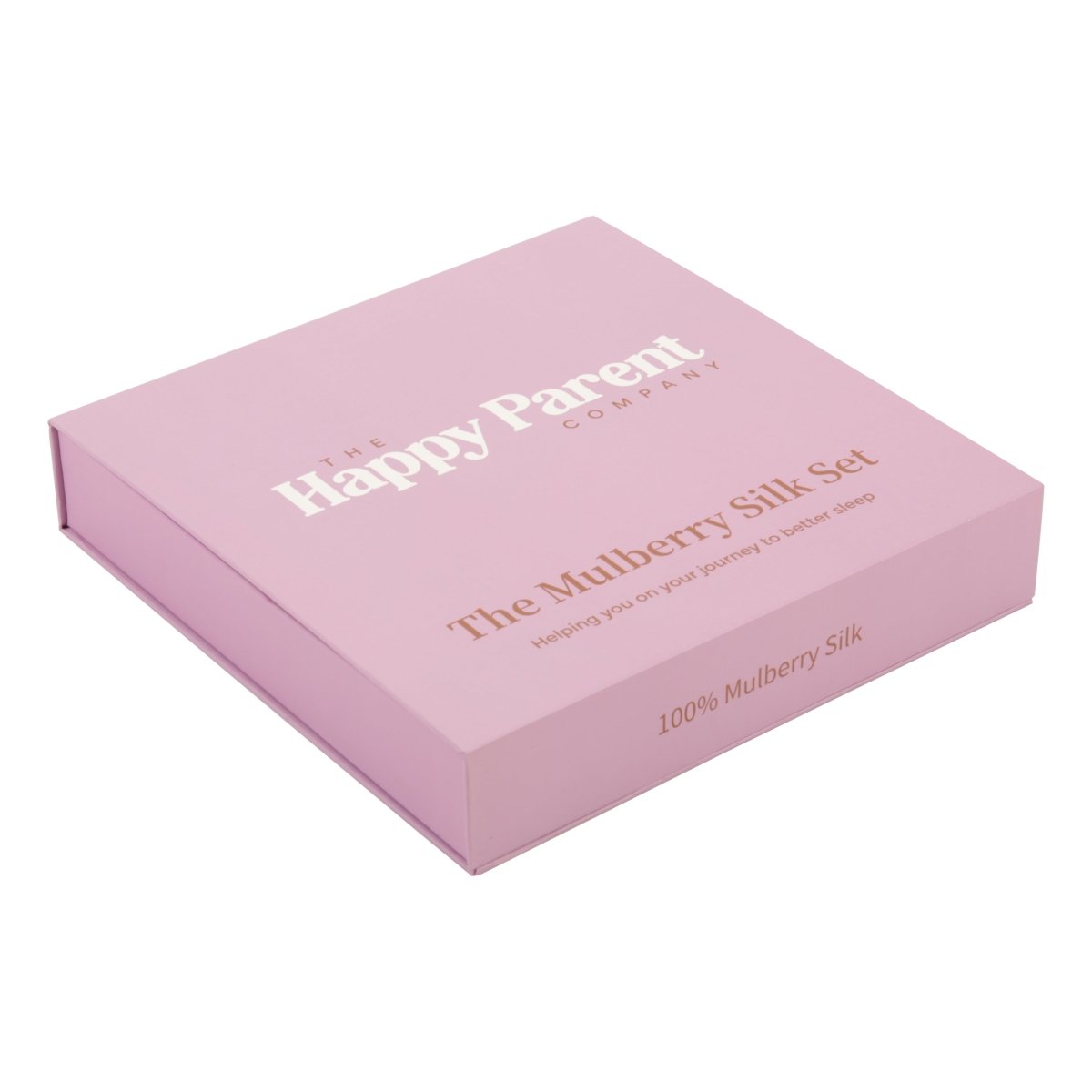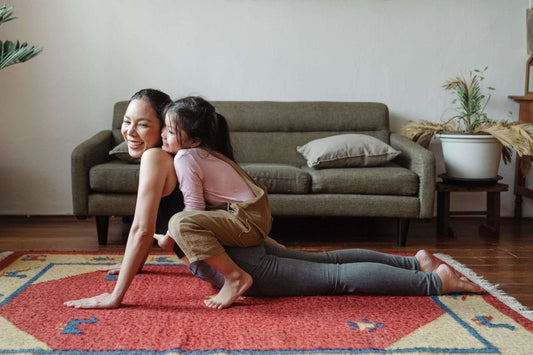- Definition of stress: Stress is a natural response to a perceived threat, challenge or demand. It can be both positive and negative and can affect individuals physically, emotionally and mentally.
- The impact of stress on parents: Parenting can be stressful, as it involves many challenges, such as balancing work and family, financial pressures, and the demands of raising children.
- Benefits of meditation for managing stress: Meditation is a simple yet effective way to manage stress. By practicing mindfulness, meditation helps parents become more present, grounded and focused, which can lead to better stress management.
The benefits of meditation for parents
- Reduces stress and anxiety: Meditation helps parents to relax and reduce stress and anxiety. It can help regulate the body's stress response and promote a sense of calm.
- Improves mental clarity and focus: By practicing mindfulness, parents can become more present and focused, which can improve mental clarity and concentration.
- Promotes better sleep: Meditation can allow us to clear our heads before going to bed, ensuring we don't carry any of those stresses or worries with us while we sleep and allowing us to have a relaxed and restorative rest.
Easy meditation techniques for beginners
- Deep breathing: This technique involves taking deep, slow breaths, and focusing on the sensation of air moving in and out of the body. To practice, sit comfortably with your eyes closed, take a deep breath through your nose, hold for a few seconds, then slowly exhale through your mouth. Repeat this for a few minutes.
- Body scan meditation: This technique involves mentally scanning your body from head to toe, focusing on each part of your body and noticing any sensations or tension. To practice, lie down or sit comfortably and bring your attention to the top of your head. Slowly scan down your body, noticing any sensations or tension, and releasing any tension as you go.
- Mantra meditation: This technique involves repeating a word or phrase, such as "peace" or "calm," to help focus the mind. To practice, sit comfortably with your eyes closed, and silently repeat your chosen word or phrase to yourself. If your mind wanders, gently bring your focus back to your mantra.
Mindfulness practices for parents
Gratitude journaling: This practice involves writing down things you are grateful for each day. By focusing on the positive aspects of life, parents can shift their perspective and reduce stress. To practice, set aside a few minutes each day to write down three things you are grateful for.
- Walking meditation: This practice involves bringing mindfulness to the act of walking. To practice, find a quiet place to walk, and focus on the sensation of your feet on the ground. Notice the movement of your body and your surroundings without judgment.
- Mindful parenting: This practice involves bringing mindfulness to interactions with your children. To practice, try to be fully present and engaged in your interactions with your child. Focus on listening without judgment and responding with kindness and compassion.
Incorporating meditation into a daily routine
- Finding the time: To incorporate meditation into your daily routine, try to find a time that works for you. It could be in the morning before your children wake up, during a lunch break, or before bed.
- Creating a peaceful environment: To make your meditation practice more enjoyable, try to create a peaceful environment. Find a quiet place to meditate, and consider using candles or calming music.
- Consistency is key: To experience the benefits of meditation, it is important to practice regularly. Even just a few minutes a day can be beneficial.
Meditation for mental health and well-being
- How meditation helps: Meditation can help to reduce symptoms of anxiety, depression, and stress. It can also promote feelings of calm, relaxation, and well-being.
Let's have a recap of those tips
Meditation is a simple yet effective way for you to manage stress and improve your mental health and well-being. By incorporating easy meditation techniques and mindfulness practices into a daily routine, you can experience all the benefits of meditation.













